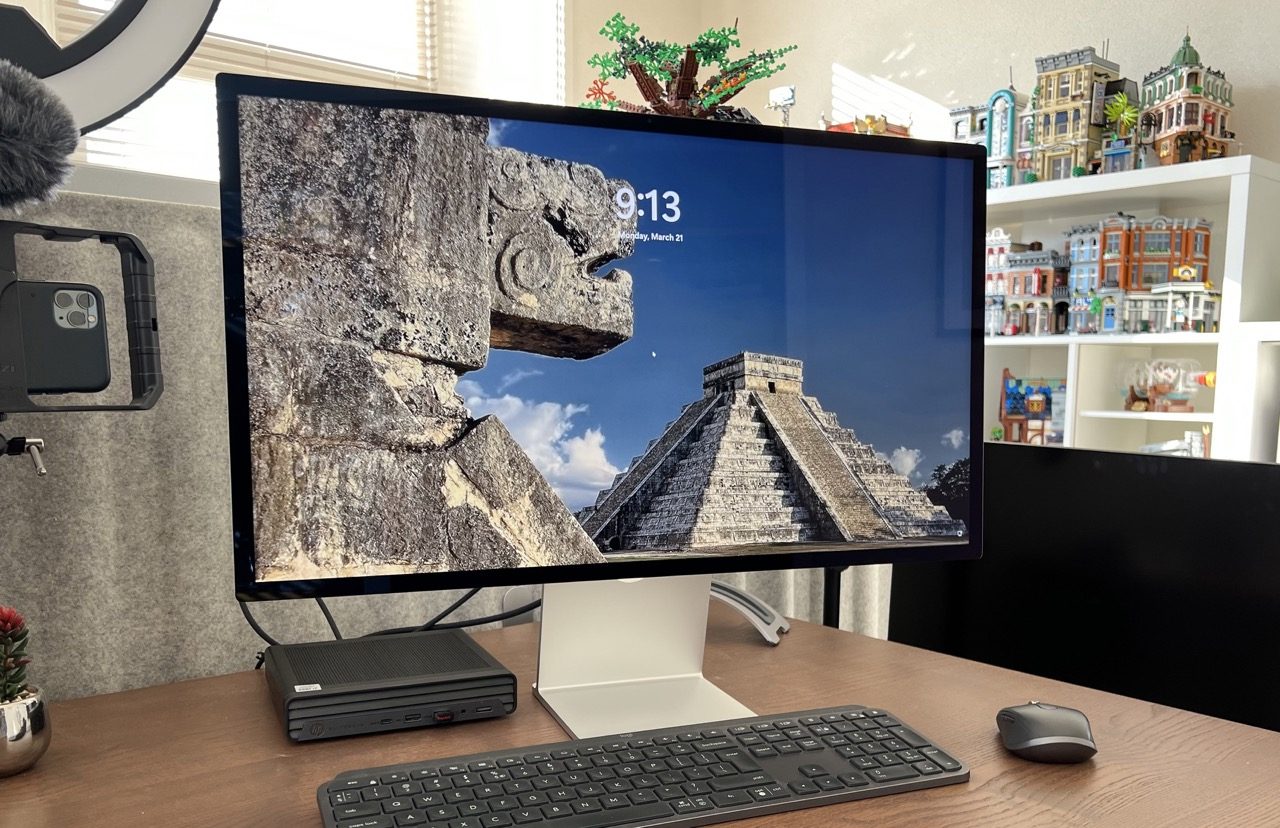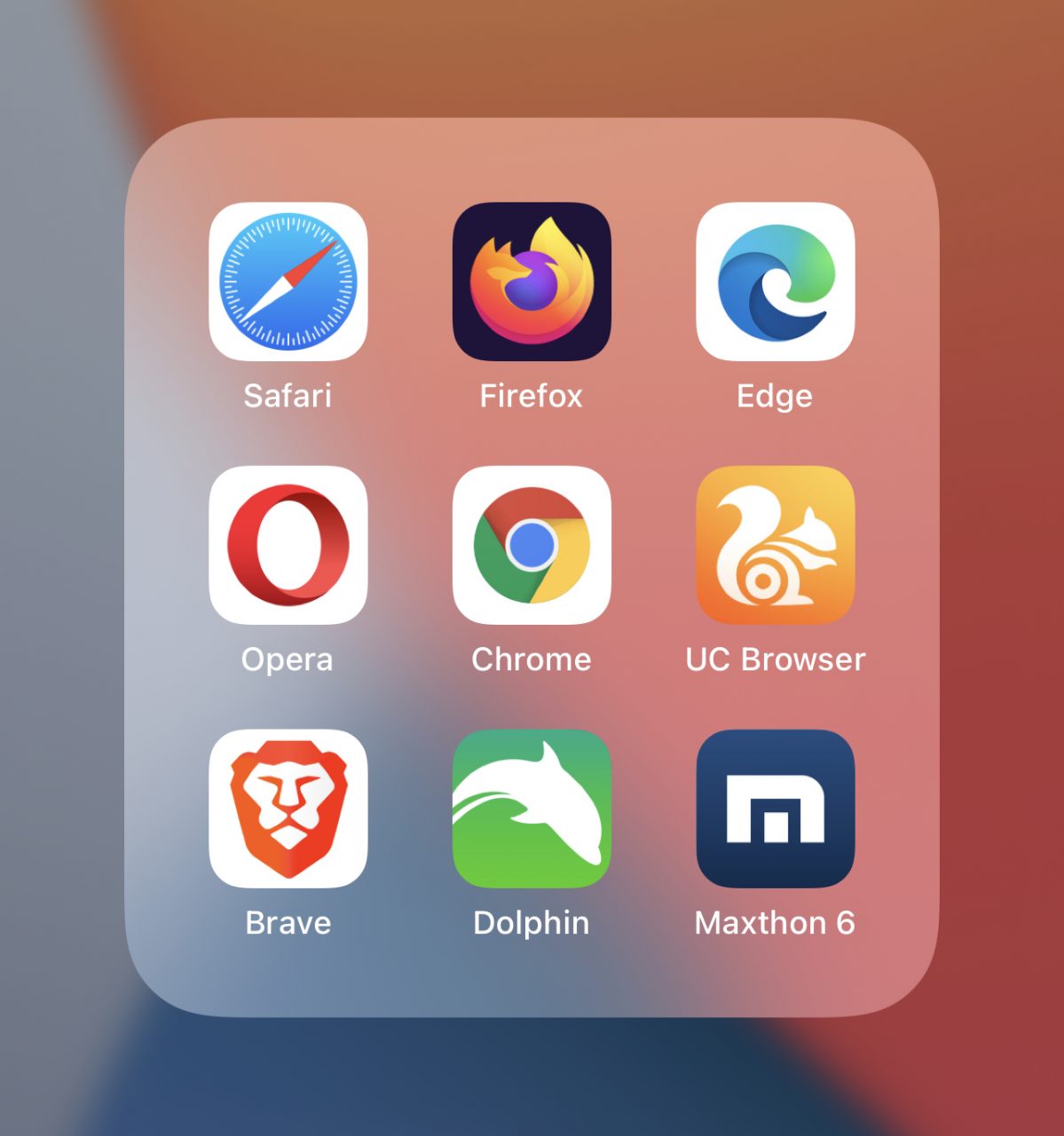The Modern FrontEnds conference was held last week in London. It wasn’t a small conference, as the website touts over 100 speakers and more than 3000 developers attending. Not only that, the conference had some big sponsors and a hefty ticket price.
But before the conference even began, I heard about some serious issues with how the organisers treated their speakers. That immediately raises some red flags. After the event, some speakers spoke publicly about their experiences.
Now, I wasn’t there. I spoke at a different event in London the day before. But I chatted with some of the Modern FrontEnds speakers about this. And it still feels weird commenting about a conference I did not speak at or even attend. So I am not going to do that.
Continue reading “Red flag: Speakers having to cover their own travel”
